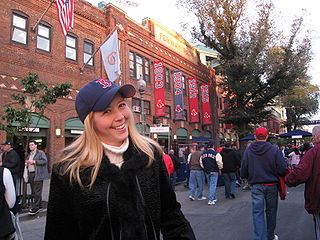A Quote by Charlie Munger
Everyone caved, adopted loose [accounting] standards, and created exotic derivatives linked to theoretical models. As a result, all kinds of earnings, blessed by accountants, are not really being earned. When you reach for the money, it melts away. It was never there. It [accounting for derivatives] is just disgusting. It is a sewer, and if I'm right, there will be hell to pay in due course. All of you will have to prepare to deal with a blow-up of derivative books.
Related Quotes
From the 1990s onward, the financial sector created a vast array of instruments designed to separate investors from their money, financial derivatives of an ever-increasing level of complexity. At some point, this complexity reached a point where even the creators of the derivatives themselves didn't understand them.
You have to understand accounting and you have to understand the nuances of accounting. It's the language of business and it's an imperfect language, but unless you are willing to put in the effort to learn accounting - how to read and interpret financial statements - you really shouldn't select stocks yourself
One day I was in Starbucks going through one of my books on accounting, and this beautiful young woman came up to me and said, 'My accounting book is different from yours.' Her name was Joyce, she had a background in finance and administration and ran a surgery center. Within a short time, we were married.
By the standards of honest, if unorthodox, accounting, government workers don't pay taxes, but are paid out of taxes. In other words, they pay taxes out of money confiscated from taxpayers, who, in turn, pay taxes twice: on their own income and on the income of members of the bureaucracy. At the very least, this should disqualify state workers from voting.






























